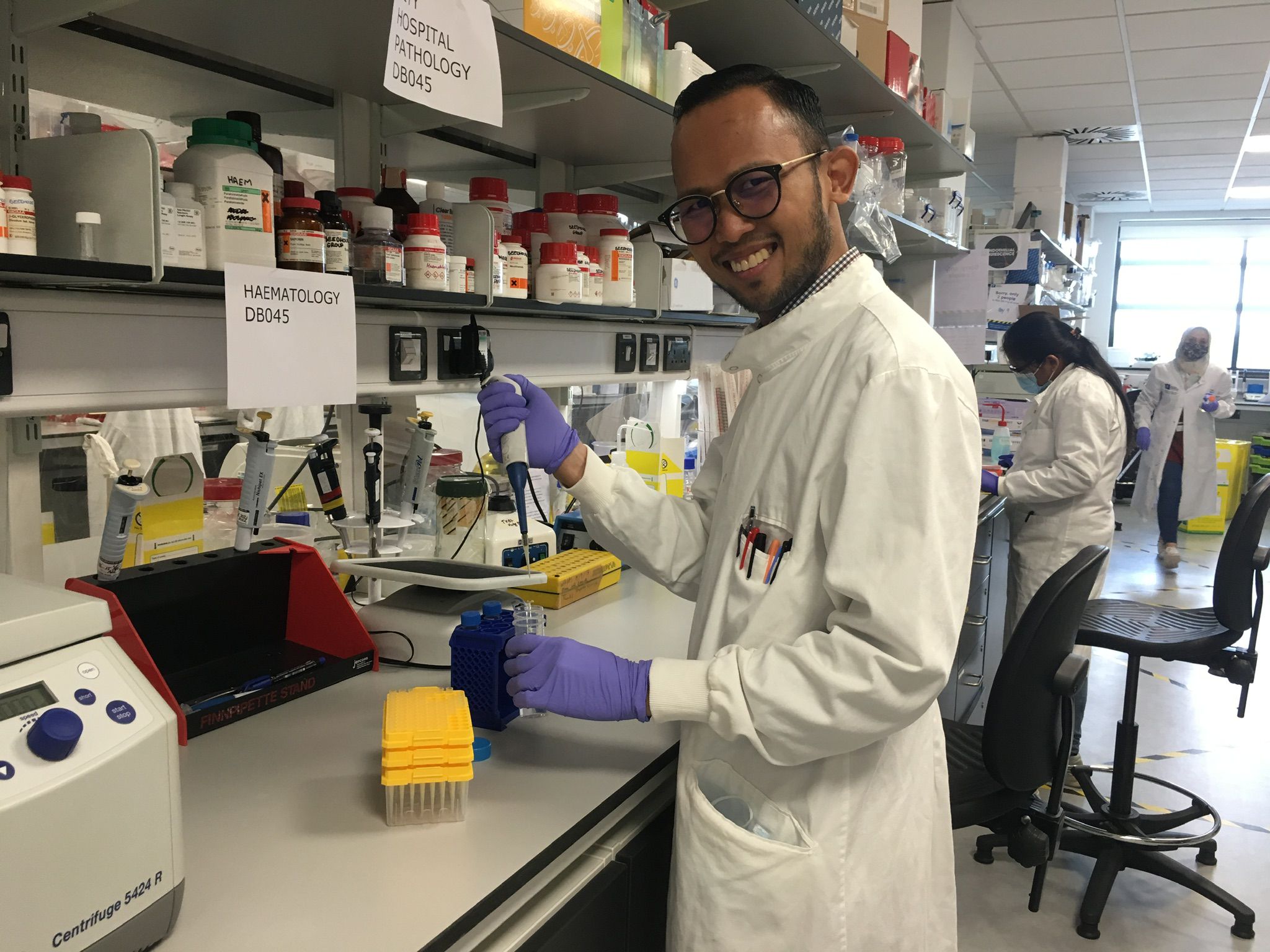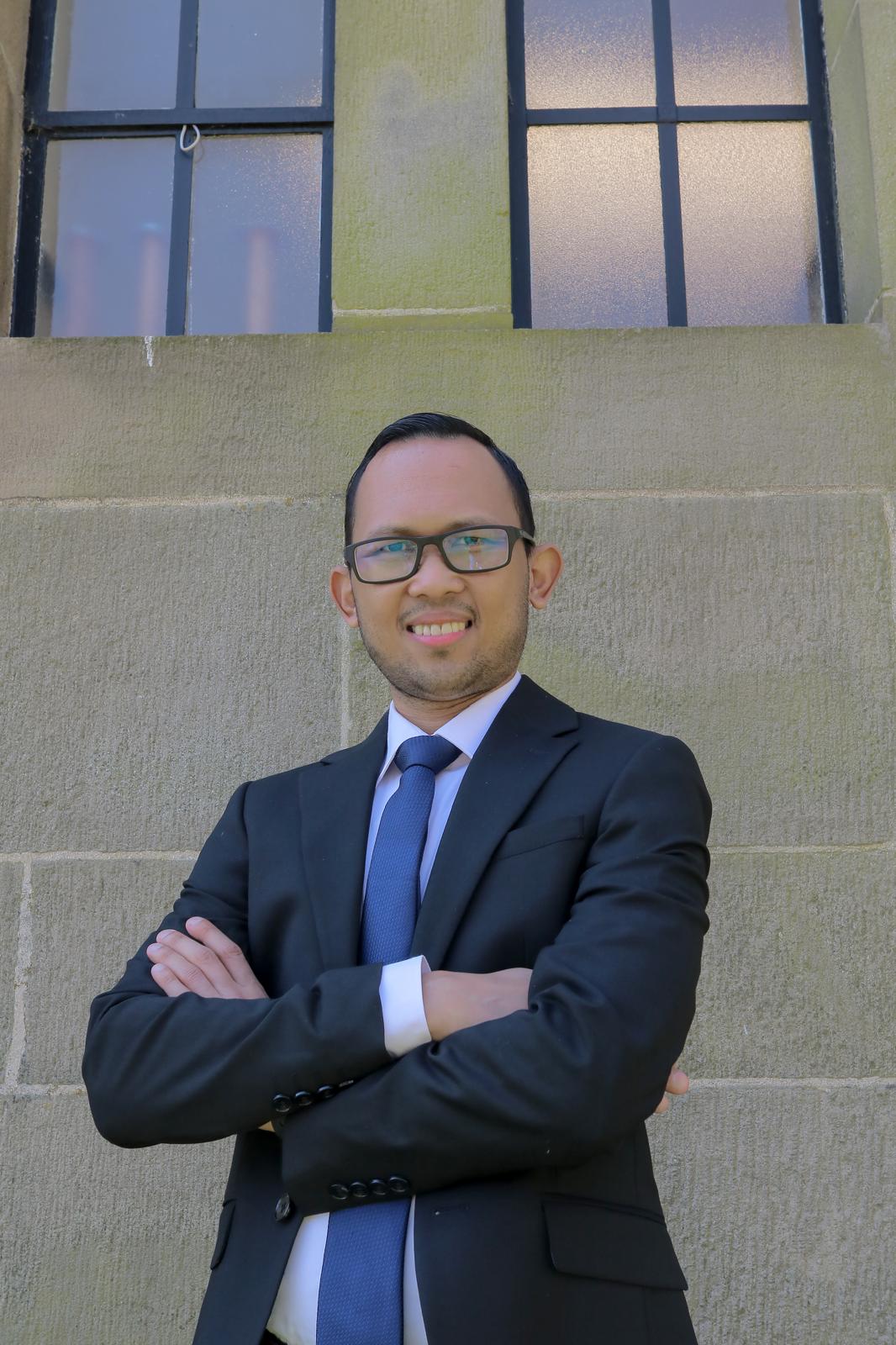Rizal Azis, a lecturer in the Biomedical Engineering Study Program at the Faculty of Engineering (FT), Universitas Indonesia (UI), has successfully obtained a patent in the UK for his innovative discovery: xeno-free stem cell culture media (free from animal components). This innovation, developed in collaboration with Professor Nick Hannan from the University of Nottingham since 2020, is expected to revolutionize stem cell research and therapy worldwide, especially in clinical applications. Rizal developed the stem cell innovation while pursuing his doctoral studies at the University of Nottingham, UK, from October 2020 to August 2024.




